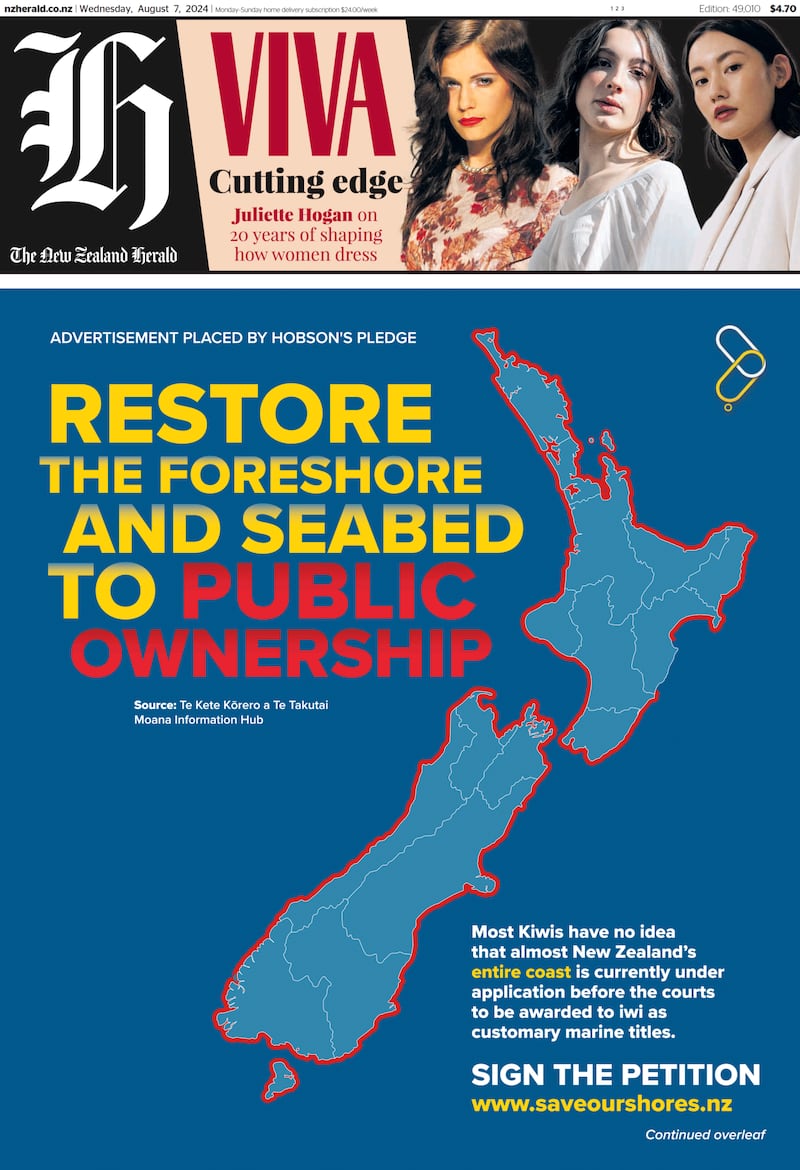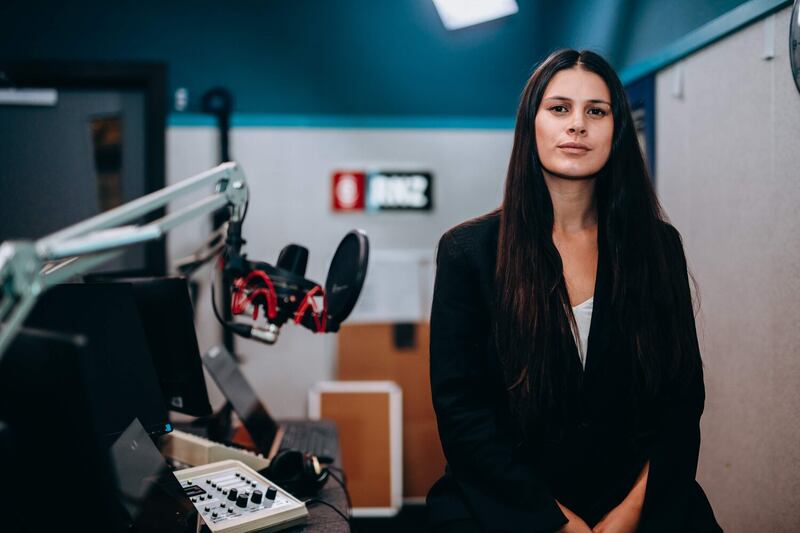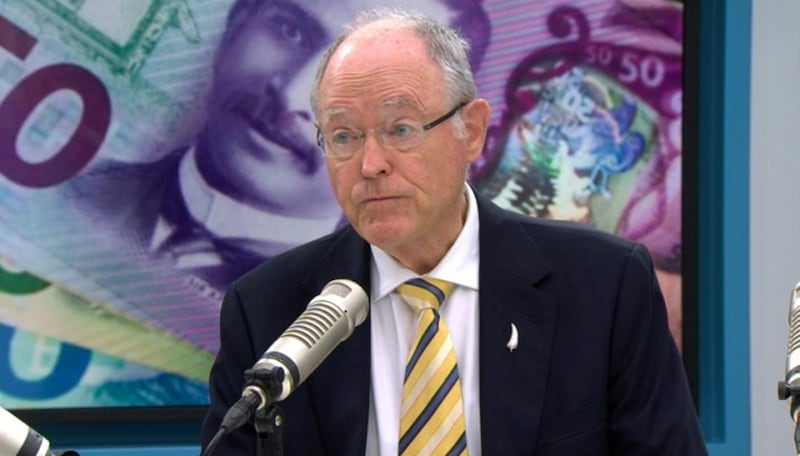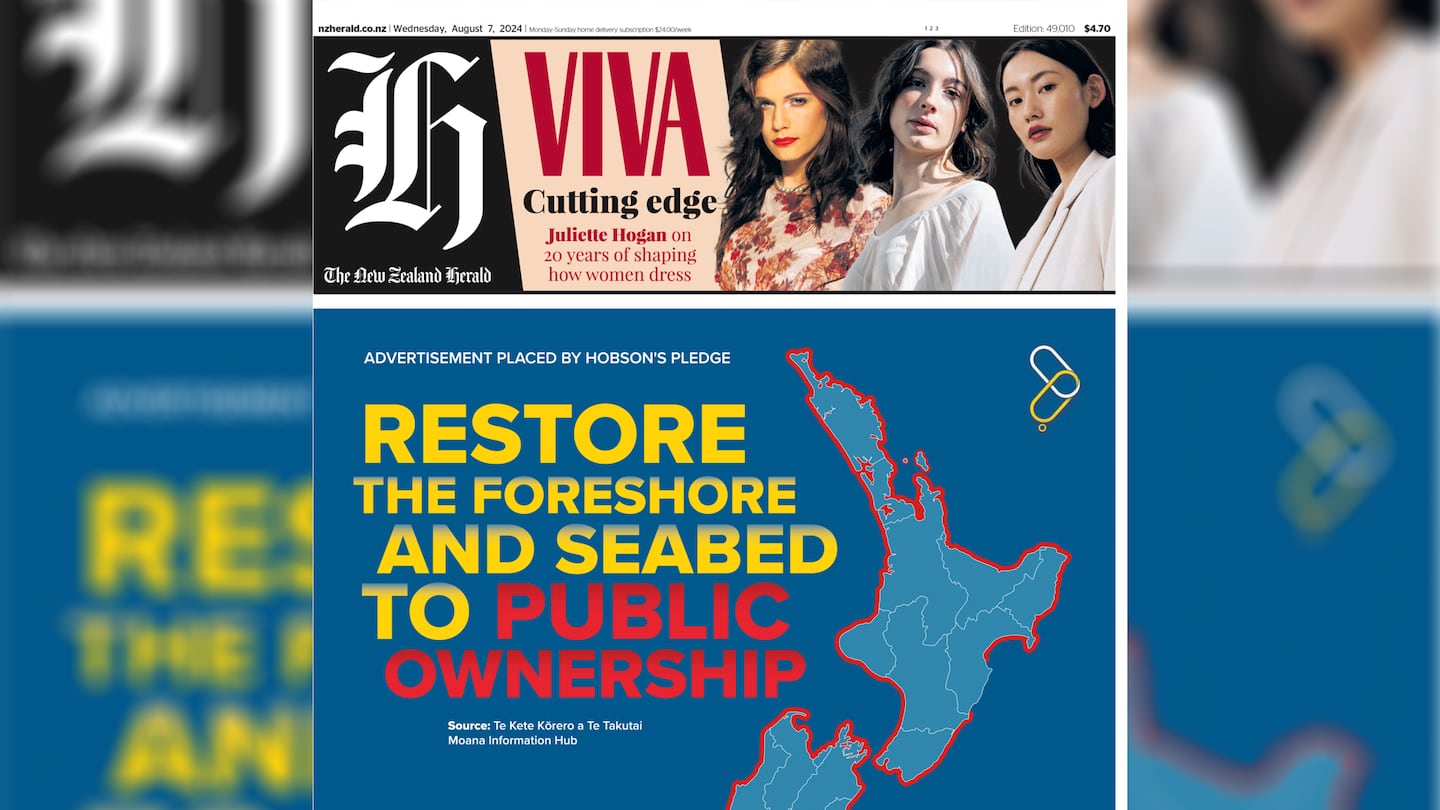New Zealand Media and Entertainment (NZME), the company which owns the New Zealand Herald, is facing intense backlash for running a full front page advertisement from right-wing lobby group Hobson’s Pledge.
The ad, on the front page of the Wednesday, August 7 edition of the Herald, calls for the restoration of “the foreshore and seabed to public ownership”.

The group said further ads would be placed in several regional papers later this week.
Kawea Te Rongo, the Independent Māori Journalists Association, has condemned the publication, calling running the ad “irresponsible” and expressing “profound shock and dismay” at the decision to run it.
“Seeing the newspaper yesterday felt like déja vu and as if we had been transported back to the archaic views of the Kiwi vs iwi debate in the early 2000′s”, co-chair Māni Dunlop said

The association said the advert “perpetuates racist rhetoric” and “promotes the false narrative that the foreshore and seabed is owned by Māori”.
“This area of land has never been publicly owned, so the statement is also factually incorrect.”
Those concerns were echoed by Groundwork, an organisation which works to provide indviduals and organisations with better understanding and application of te Tiriti o Waitangi.
In a letter to the editor of the Herald, the group said it was shocked and deeply concerned to see that yesterday your newspaper included a front-page advertisement from Hobson’s Pledge”.
“Just over two weeks ago, you published an important resource Whenua: Our Land, Our History. The resource is built on years of work by Māori, historians, the Waitangi Tribunal and others.
“It provides important factual information that is much needed to support an informed understanding of our history and constructive debate about our future.”
The organisation called for the Herald to provide front page space “to Māori experts who can provide clear, accurate explanations of the context for the Takutai Moana Act 2011 and associated processes.”
‘Keenly aware of our obligations’ NZME responds
In a statement, NZME, which owns the New Zealand Herald, said publishing the advertisement did not equal an endorsement of its message.
“There are several thousand advertisements placed across NZME’s platforms every week and publishing an advertisement is in no way NZME’s endorsement of the advertised message, products, services or other,” an NZME spokesperson said.

The spokesperson said the organisation is “keenly aware” of its advertising standards obligations, and said the decision to run the advertisement sits with its commercial team, not the editorial team.
The spokesperson did not answer a question about the Herald’s circulation, but an independent report by the New Zealand Audit Bureau of Circulations (ABC) in 2019 said the paper had 100,073 subscriptions at the time.
A specific figure for the Herald’s circulation is not listed on the News Publisher’s Association’s website, which took over the circulation report when the ABC closed, but several other community papers owned by NZME are listed.
Hobson’s Pledge
In a message posted to its website, the group thanked its supporters for raising the funds used to publish the advertisements.

“We are expecting some blowback and the poor folks at the Herald will no doubt be receiving complaints, but this is because our opponents don’t want New Zealanders to be informed on this issue.
“If we weren’t exposing truths that Te Pāti Māori and the like don’t want to be public knowledge they wouldn’t react so aggressively to our attempts to gather awareness.”
The group itself seeks the removal of Māori electorates, an end to the Waitangi Tribunal, and the removal of all references to “partnership” and “principles” regarding Te Tiriti o Waitangi in New Zealand legislation.
It is currently running a campaign called ‘Save our Shores’, which takes issue with “how much of our coast is being carved up into customary marine titles”.
‘I’m actually a Herald subscriber - well I was until yesterday’
Award-winning author Shilo Kino, who herself once worked as a journalist at the New Zealand Herald, said she wasn’t surprised by wraparound advertisement.
“It just feels like another thing that we have to justify our existence, again and again. There’s been a lot going on currently for Māori, and this feels like just another thing.”
Kino worked in the Herald’s Local Focus team in the Bay of Plenty as a video journalist until 2022.
Her articles have also been published in The Guardian, The Spinoff and The Pantograph Punch.

“So in 2024, when you see that same narrative being published on the front page of one of the biggest publications in the country, is it surprising? No. But is it disheartening? Is it disappointing? You know, it brings up a lot of emotions.”
“We’ve come so far as a country, but the reality is, when this happens, you realise actually we still have so far to go.”
Associate professor of law Khylee Quince said she was “outraged” by the advert, and called it “appalling”.
“And I think one of the most significant things is that, a wrap-around cover on a tabloid newspaper almost implies that it is the front cover.”

She said while wraparounds after often for sales, she says the poltical nature of the advertisement gives the appearance that it’s the editorial opinion of the Herald.
Quince also said she’s been a subscriber to the Herald for her entire adult life, but cancelled her subscription yesterday.
She joins many others who’ve taken to social media, calling for people to write into the Herald with their view on the advertisement, many of whom have cancelled their own subscriptions.


